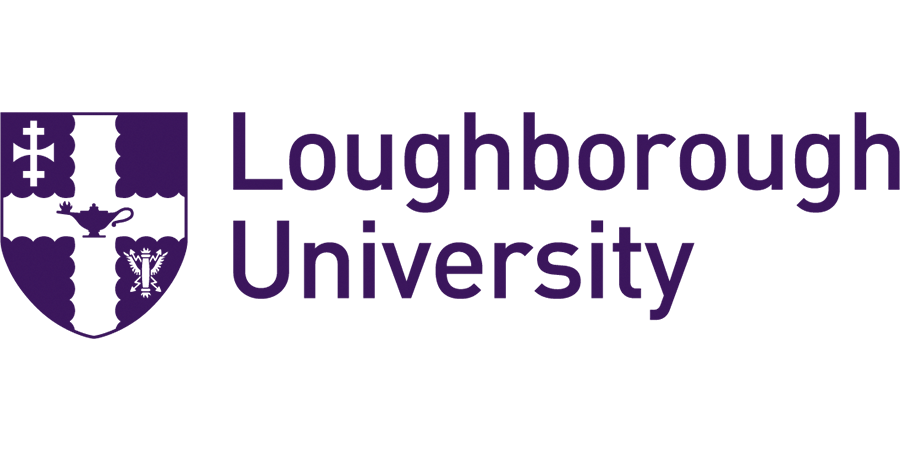PhD Studentship: Exploring Iron Status and Supplementation in Athletic Individuals
Loughborough University - School of Sport, Exercise and Health Sciences
| Qualification Type: | PhD |
|---|---|
| Location: | Loughborough |
| Funding for: | UK Students |
| Funding amount: | £20,780 per annum |
| Hours: | Full Time |
| Placed On: | 5th August 2025 |
|---|---|
| Closes: | 20th August 2025 |
| Reference: | SSEHS/SRLJ25 |
Project details:
Iron is crucial for athlete health and performance, yet iron deficiency is a common diagnosis in active populations. Iron deficiency can hinder haematological adaptations and reduce the body’s capacity for oxygen transport. Additionally, iron plays a vital role in energy metabolism, neurological function and immune health, all of which are essential for training and performance. The high prevalence of iron deficiency in athletes is likely due to a combination of inadequate iron intake (low energy intakes and vegetarian/vegan diets) and increased iron losses associated with physical activity. These losses can occur through sweating, red blood cell haemolysis from repetitive foot strike and/or blood vessel compression during exercise, inflammatory/iron regulation hormone (hepcidin) elevation post-exercise, and, in female athletes, menstrual blood loss.
Iron supplementation is a practical and cost-effective strategy for restoring iron levels in athletes with iron deficiency/ iron deficiency anaemia. Studies in athletic populations indicate a positive response to oral iron supplementation, with ferritin levels increasing over 4 to 12 weeks when consuming ~100 mg/day. However, many commercially available oral iron products are associated with gastrointestinal discomfort, including nausea, vomiting, diarrhoea and constipation. These adverse effects can reduce adherence to supplementation protocols, ultimately limiting the effectiveness of iron therapy. This underscores the need for alternative formulations that can effectively normalise iron levels without causing gastrointestinal disturbances.
This programme of doctoral work will investigate the prevalence of iron deficiency/ iron deficiency anaemia in high performing athletes and assess the effectiveness of a novel oral iron supplement in improving iron status and gastrointestinal tolerance. Additionally, this work will explore whether iron supplementation can enhance mood, neurological function and exercise performance in this population.
Supervisors:
Primary supervisor: Dr Samantha Rowland
Secondary supervisors: Dr Lewis James and Professor Lettie Bishop
Entry requirements:
Essential Criteria:
- A minimum of a 2:1 Honours degree (or international equivalent) in a relevant subject such as Sport and Exercise Science, Biology, Human Physiology, or Biological Sciences
- A relevant Master’s degree, for example in Physiology and/or Nutrition
- Applied practitioner experience in Sports Nutrition
- Demonstrable experience in recruiting participants for laboratory-based research studies
- Proficiency in wet-laboratory techniques, including experience with plate-based assays or similar biochemical methods.
English language requirements:
Applicants must meet the minimum English language requirements. Further details are available on the International website (http://www.lboro.ac.uk/international/applicants/english/).
Funding information:
Studentship type – 50% external partner matched with 50% University.
The studentship is for 3 years and provides a tax-free stipend of £20,780 per annum for the duration of the studentship plus tuition fees at the UK rate. Due to funding restrictions, this is only available to those eligible for UK fees.
How to apply:
All applications should be made online via the above ‘Apply’ button. Under programme name, select School of Sport Exercise and Health Sciences. Please quote the advertised reference number: SSEHS/SRLJ25 in your application.
To avoid delays in processing your application, please ensure that you submit the minimum supporting documents.
Your application must include a cover letter (1 page maximum) and CV. Please submit as a merged PDF.
Advert information
Type / Role:
Subject Area(s):
Location(s):









